Following “No” vote Board of Trade urges government, TransLink back to the table
Following of the announcement of the defeat of the Metro Vancouver Transportation & Transit Plebiscite, the Burnaby Board of Trade is calling on government and TransLink to begin working on a new solution to address the region’s long-term transportation needs. Despite the result of the plebiscite, the Burnaby Board of Trade believes the proposed transportation improvements in the Mayors’ Transportation and Transit Plan are required to ensure the ongoing viability of the region.
“A long-term, regional transit plan is vital to the future economic health and continued livability of our region. The provincial government, the Mayors Council and TransLink need to understand what voters were saying with this plebiscite result and then get back to the table and determine a plan for where we go from here,” said Paul Holden, President & CEO of the Burnaby Board of Trade. “While we need to listen to and address the concerns voters raised during this plebiscite, we feel that in many ways the vote was more an expression of dissatisfaction and a rejection of this specific funding model than a vote against improved transit and transportation.”
The plebiscite, which was held from March 16 to May 29, was defeated by Metro Vancouver residents by a vote of 62% to 38%. The plebiscite had sought to create a regional 0.5% Metro Vancouver Congestion Improvement Tax to help fund transportation expansion as proposed in the Mayors’ Transportation and Transit Plan.
While the Burnaby Board of Trade had concerns with aspects of the Mayors’ Plan and the impact of the regional tax on business, it supported the plebiscite as the best chance to achieve sustainable, long-term funding and accomplish meaningful improvements to regional transportation. “Metro Vancouver, Burnaby included, is still expected to see 1 million new residents, 600,000 new jobs, and up to 3 million more automobile trips per day by 2040 – there needs to be a plan to deal with this growth through increased investment in transit and transportation for the region,” added Holden.




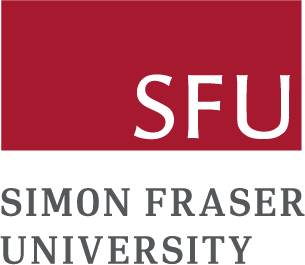
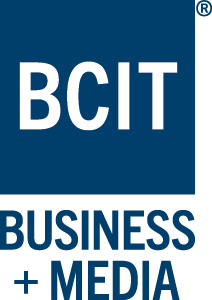


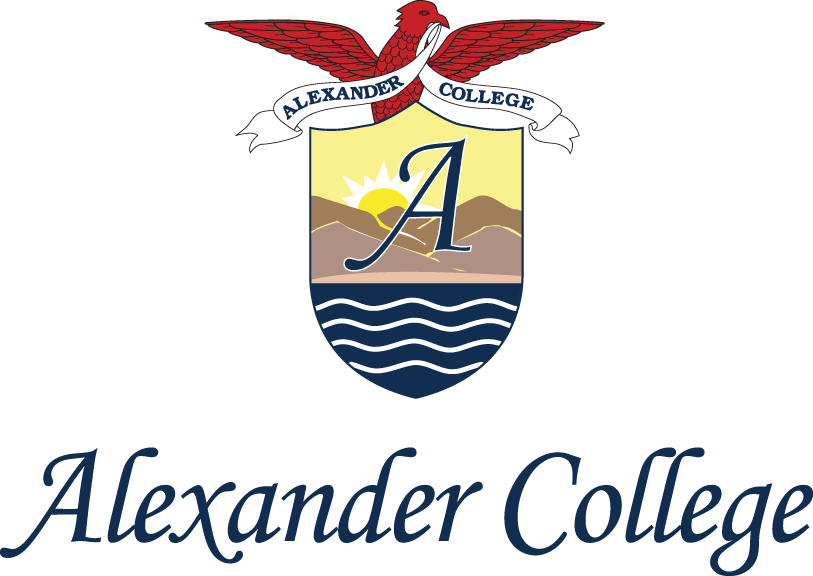



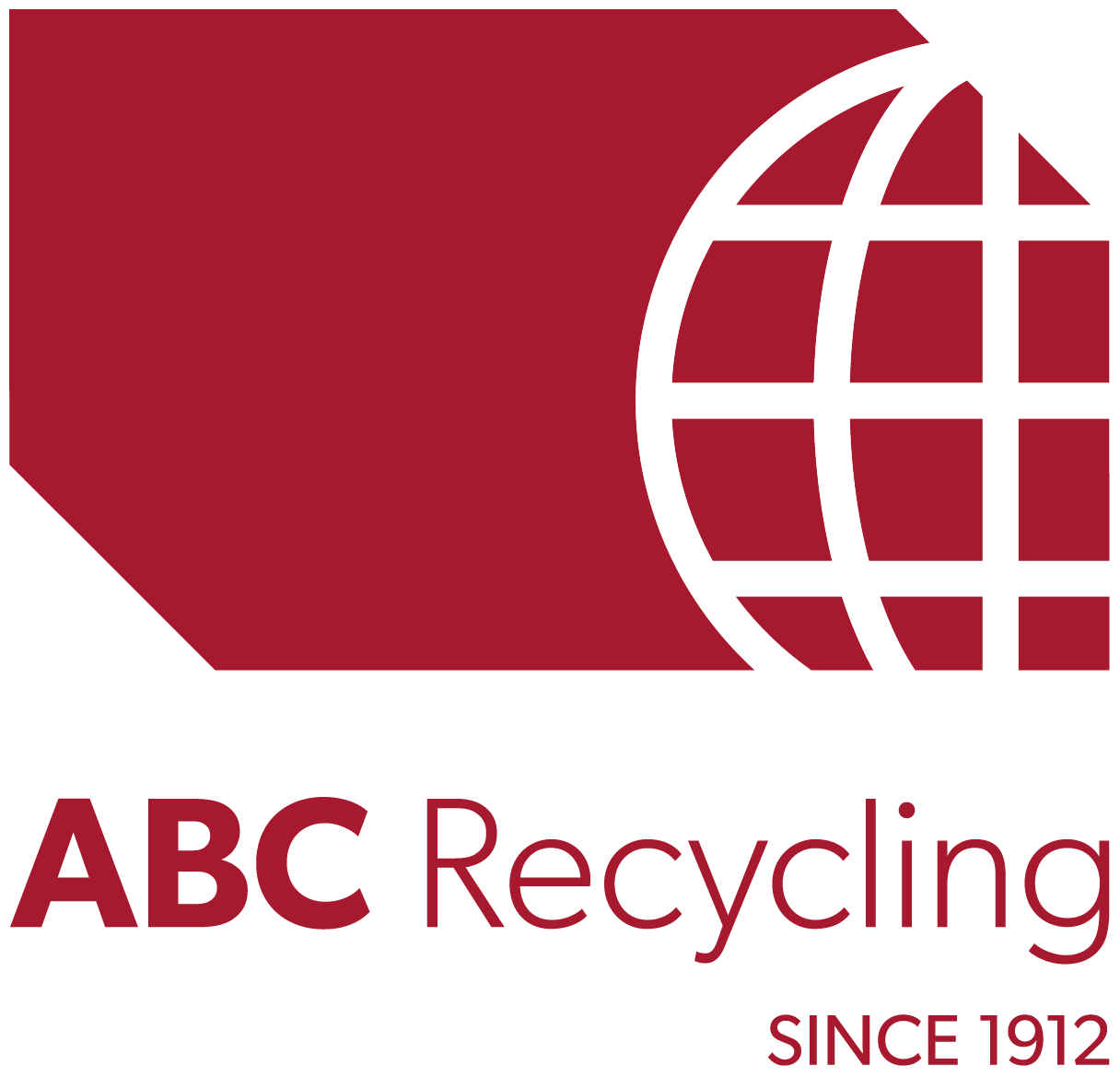

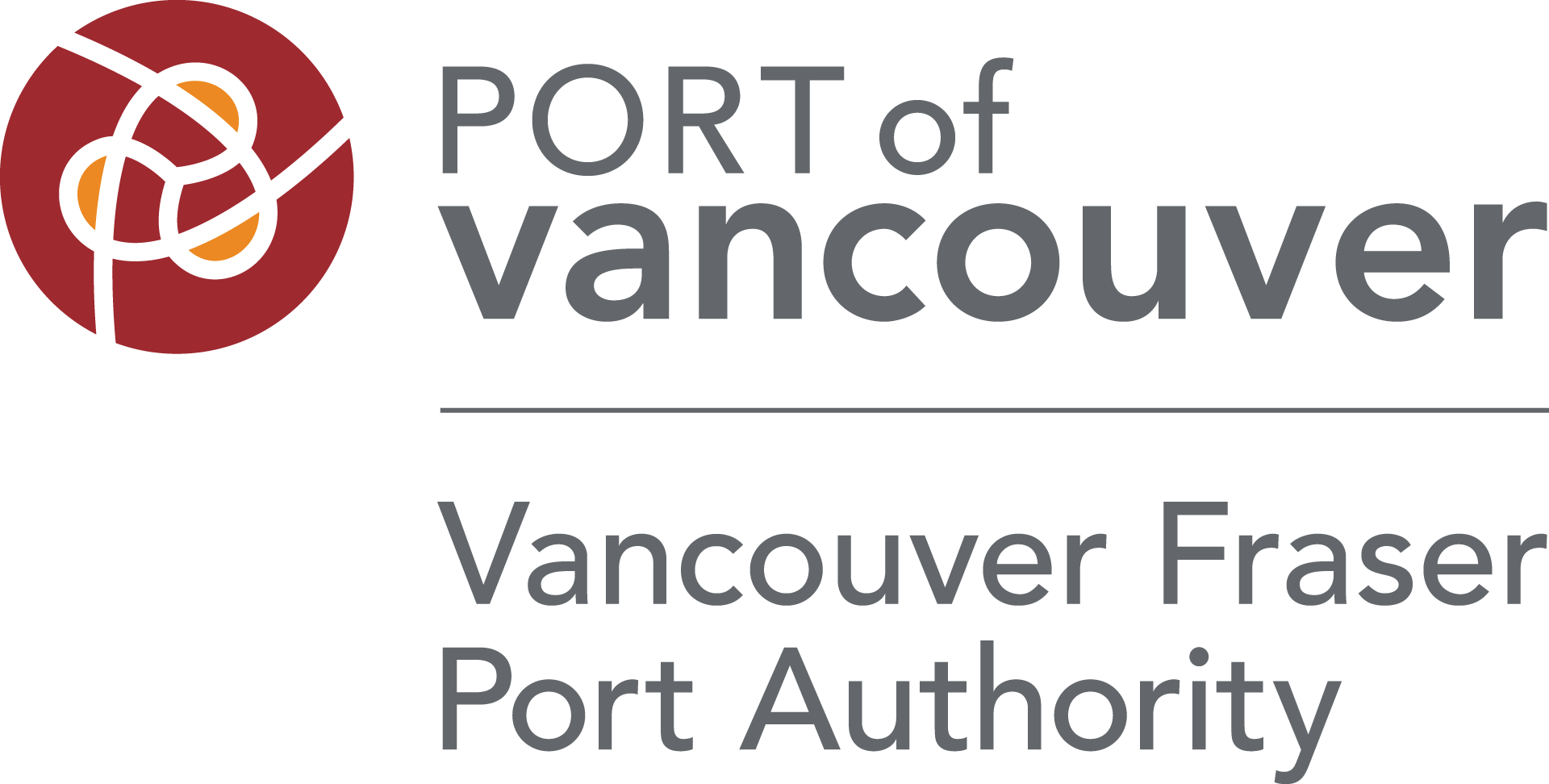
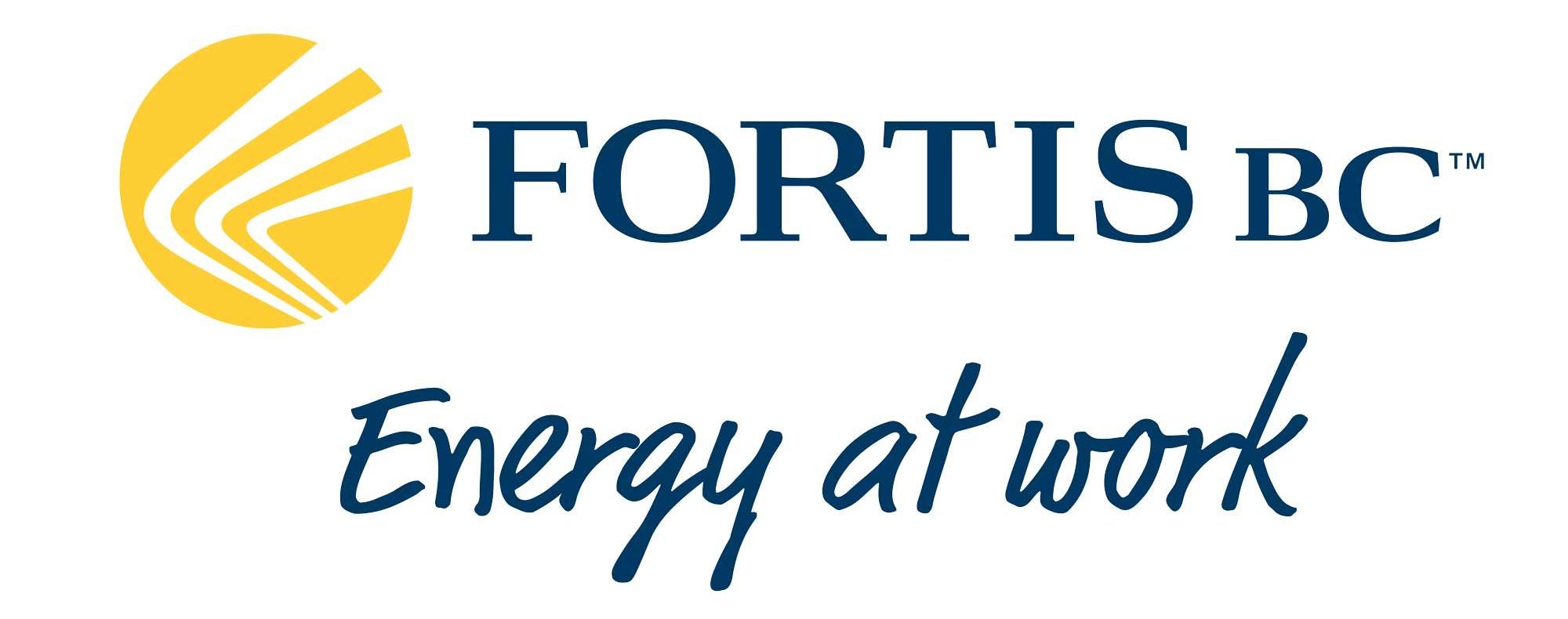

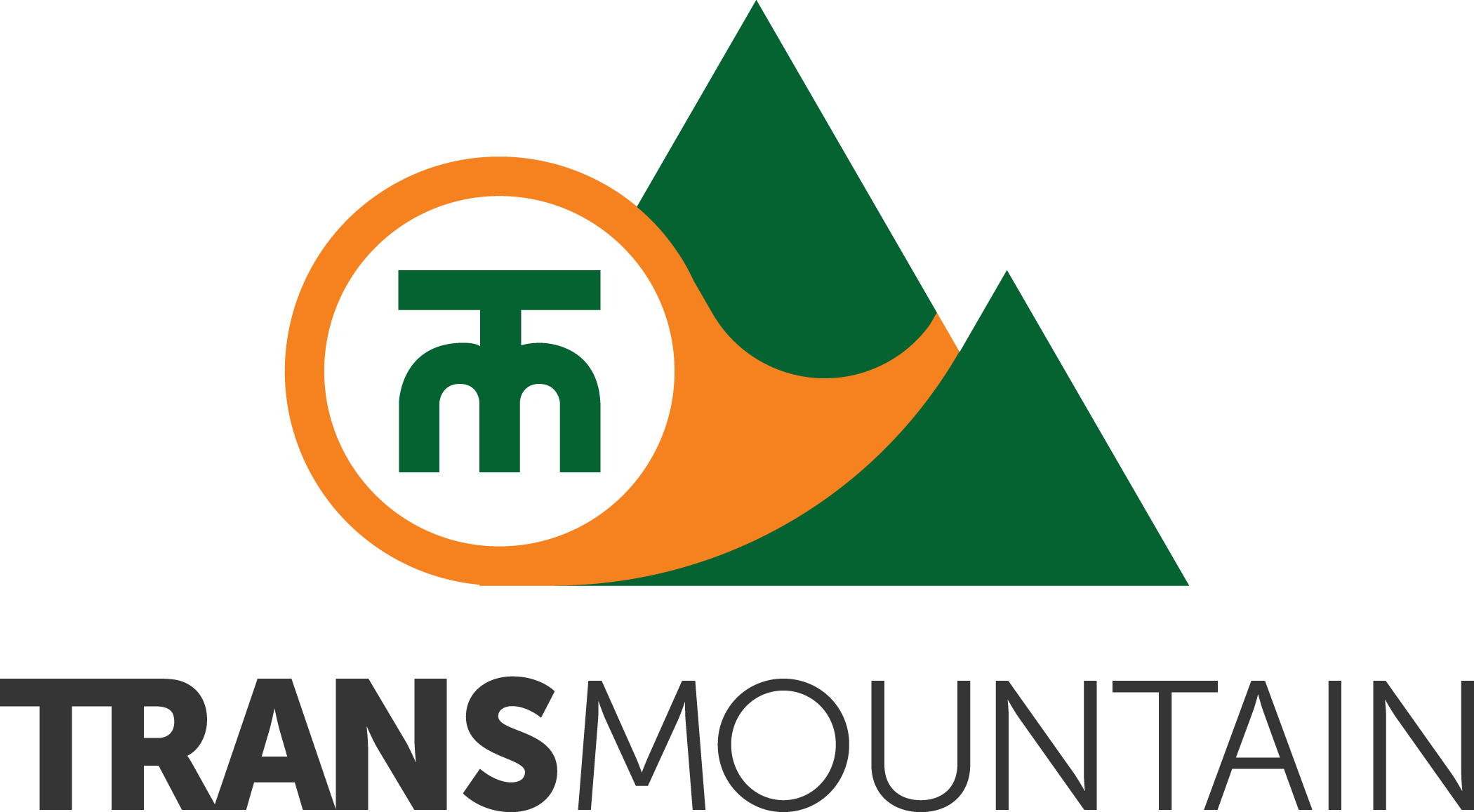



connect with us